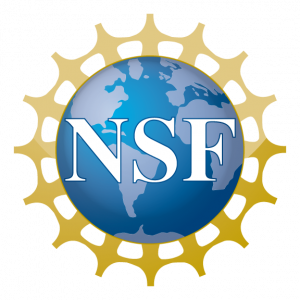Due Date for cohort starting Fall 2021: To be considered for additional tuition/fees and stipend funding, application materials are due February 24, 2021, 5:00 p.m. PST.
InFEWS fellowship is available to Master’s and PhD students, with an option to do a Designated Emphasis in Development Engineering (for PhD students). The Innovation at the nexus of Food, Energy, and Water Systems (InFEWS) Fellows Program is open to all UC Berkeley graduate students in good standing in any field, including, but not limited to engineering, physical sciences, natural sciences, social sciences, business, education, I-School, or public health. Interested students are encouraged to apply early in their degree to most benefit from being a part of the InFEWS Fellows community. All Fellows will be eligible for special events, workshops, professional development, internship travel funds, and other InFEWS program elements.
PhD students who are also interested in the Development Engineering (DevEng) Designated Emphasis (DE), please see Development Engineering for more detail on how to apply (similar process to InFEWS). InFEWS is a part of the larger Development Engineering program, but it is not a requirement that InFEWS Fellows also enroll in the DevEng DE.
Select Fellows who apply by the deadline are eligible to get a year of funding, including tuition, fees, and $34,000 stipend. Strong priority is given in allocating funds to students who enroll in the DE, as this demonstrates the strongest commitment to devoting the student’s graduate work to InFEWS areas.
Students admitted after the deadline will be given priority to apply for fellowship funding the following year.
Application Process
Before applying, interested students are required to arrange a consultation meeting with one of the InFEWS Faculty Academic Advisors (core InFEWS faculty, see faculty list here).
If you are interested in the Development Engineering DE, it is recommended that students also speak with the Development Engineering Graduate Student Affairs Officer in the Department of Civil and Environmental Engineering (Shelley Okimoto).
Application Packet Requirements
- This online application form, completed. You can review the full list of questions before filling the online form here: InFEWS Application 2021 Online Form.
- Letter of intent summarizing research interests and any educational or employment background in issues related to development economics or development engineering, and how you intend to focus your research at the nexus of food, water, and energy. (500 word limit).
- Current UC Berkeley students should provide a letter of recommendation from a member of the InFEWS faculty academic group or their graduate research advisor in their home department. The letter should be emailed to INFEWS@berkeley.edu. Students applying to UC Berkeley for admissions should work with their application department’s admissions office to see if they are eligible and obtain departmental approval to apply. Note: The faculty letter could be submitted by the faculty member separately, or as part of your package.
- Students can become InFEWS fellows with or without a stipend. If you are eligible and interested in the stipend you will check that box in the online application form. For more information about the stipend, check the “funding” section.
 This material is based upon work supported by the National Science Foundation under Grant No. DGE-1633740. Any opinions, findings, and conclusions or recommendations expressed in this material are those of the author(s) and do not necessarily reflect the views of the National Science Foundation.
This material is based upon work supported by the National Science Foundation under Grant No. DGE-1633740. Any opinions, findings, and conclusions or recommendations expressed in this material are those of the author(s) and do not necessarily reflect the views of the National Science Foundation.
Menu



